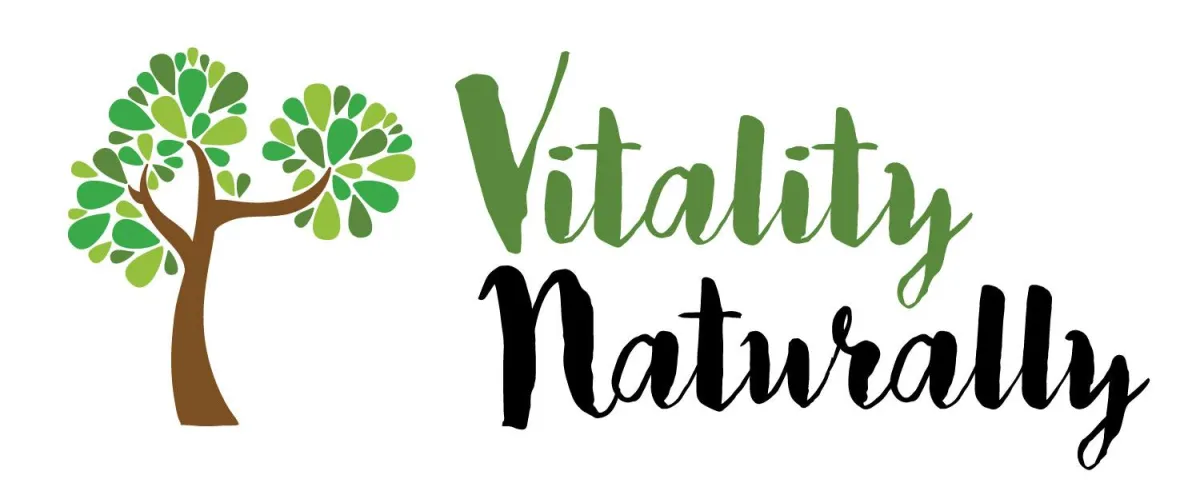Blog
Words of wisdom to inspire you...
Blog
Words of wisdom to inspire you...

Do you need a more balanced life?
"Balance is not something you find, it's something you create."
~ Jana Kingsford ~
Does your life feel balanced?
I know for many people, the answer to this would be a resounding NO.
Most of us are juggling too many things, rushing through life with the feeling that there aren’t enough hours in the day or days in the week. There seem to be increasing demands on our time and energy, and we get sucked into a vortex of being incessantly busy, without paying attention to the impact it’s having on our health and wellbeing.
I believe it is endemic in the western world, and it’s contributing to an increasingly stressed and sick society.
For me personally, finding my balance has been a struggle. I’ve spent the last five years deepening my understanding of the boom-bust cycles I repeatedly find myself in. Just when I think I’ve cracked it, I discover the next layer of conditioning to be unravelled.
“Why don’t you just stop?” I hear you ask. If only it were that simple. The behaviours that result in the boom/bust cycle reside in the subconscious mind. Whilst I’ve made huge amounts of progress, it's something that doesn’t change overnight. Approximately 90% of our behaviours are driven by subconscious thoughts, beliefs and programming that we’re not aware of….until we either choose to pay attention, or something in life forces us to. Much of this programming has been there since our earliest years, or even inherited from our parents and grandparents.
One month to find more balance in your life:
Balance is unique for everyone.
What is ‘balanced’ for me is not the same as what is ‘balanced’ for you. And, whilst it takes time, patience, compassion and the support of the correct practitioners & coaches to undo the patterns that drive an imbalanced life, the four steps below could be a great way to get started:
Step 1: Cultivate an awareness practice
It's common to rush through each day without paying attention to what you're doing. It’s often a case of just getting through the day.
For the next two weeks, take pauses throughout your day and pay attention to what you’re doing.
Notice if the activity or tasks you did were replenishing or depleting for you. Which ones gave you energy? Which ones used energy? Also notice how you feel at the beginning and end of each day.
Keep a diary of what you notice over these two weeks. You’re gathering powerful information that you’ll use over the following two weeks (and beyond).
Step 2: Think of your energy as spoons!

If your daily energy currency is spoons, how many do you start with each day?
Some people have a consistent amount of spoons to use every day, and some people (like me) don’t.
If your spoon levels fluctuate, the first step is to determine:
How many spoons do I have on a high energy day?
How many spoons do I have on a medium energy day?
How many spoons do I have on a low energy day?
Each morning, your first task is to identify if it’s a high, medium or low energy day, and how many spoons you have.
Step 3: Identify what replenishes and depletes your spoons
In the first two weeks you cultivated an awareness practice of what replenishes and depletes you (your spoons).
Now it’s time to take this information and split it into two lists:
A replenishing list and a depleting list.
On the replenishing list, write down all the things that made you feel like you have more spoons. Add anything else you can think of that would be replenishing, even if you didn't do it in the last two weeks.
Assign a spoon value to each item on the list. How much replenishment do these activities or practices give you relative to the number of spoons you have in a day?
Some examples of what replenishes my spoons in case you’re struggling: Taking a walk in nature, having a hug and a cuppa with loved ones, doing exercise, reading a good book, relaxing in the bath, having some solitude, eating a healthy meal, meditation, having a nap, anything that makes me laugh, dancing.
Do the same with the depleting list and note down how much each depleting task or activity ‘costs’ you, relative to the number of spoons you have in a day.
Here are some of the things that deplete my spoons: Saying yes to things I don’t really want to do, not getting enough sleep, supermarket shopping, eating processed foods, drinking alcohol and caffeine, vacuuming, scrolling on social media, not moving my body or getting fresh air, over-committing my time, too much people-ing (I’m an introvert).
Step 4: Implementing spoon balance
Now that you have your replenishing and depleting lists, with clear information on how many spoons you have each day, you can start to see whether you are finishing your day or week in a spoon surplus or a spoon deficit.
This is empowering information for you, and it enables you to take back control of your wellbeing and bring more balance into your life.
If you're consistently in spoon deficit, then it's time to make some changes, and this is your invitation over the next two weeks.
Practice making adjustments in your day and your week to:
Reduce the number of depleting things you do
Increase the number of replenishing things you do
Your aim is to be in spoon surplus at the end of each week (and for you to feel the increased energy and vitality as a result).
It isn’t always easy to consistently make changes, so I invite you to give yourself grace, compassion and kindness. As I mentioned earlier in this article, there could be subconscious patterns and conditioning driving behaviours and habits that are hard to break. This is where seeking the support of a coach or accountability buddy can help.
A note of caution on consistent spoon deficit
It’s probably true that there will be some days that end in spoon deficit. Its part of the world we live in and life stuff happens. But if you can build enough spoon replenishers into your day, week and month, you’ll probably feel as though you’re living a balanced life.

If you are consistently in spoon deficit, day after day, week after week, then you are likely experiencing a chronically stressed nervous system, and heading towards burnout. Perhaps you’re showing signs of anxiety and depression, or you have other unexplained physical symptoms.
So whilst the ‘spoon’ theory might seem light-hearted and jovial there is a serious message underneath it:
For you to live a life of wellness, vitality & joy (and you deserve nothing less than this), you need to find your unique life balance.
Even if that’s not conventional, or it doesn’t conform to other people’s expectations of you (and this is where boundaries come in…an entirely different topic for another day!)
Everyone is worthy of wellness, and that includes you. Are you ready to find your unique balance in life?
Support is at hand
If you’re struggling with any of the themes in this blog, and you’re finding it hard to make sustainable changes in your life, then the guidance, coaching & mentoring I offer could help.
Schedule your free 30-minute discovery call (completely free) to find out how we could work together, and receive a 15% discount from any coaching package you book (just quote BLOG15 when you book).
FREE DOWNLOAD




